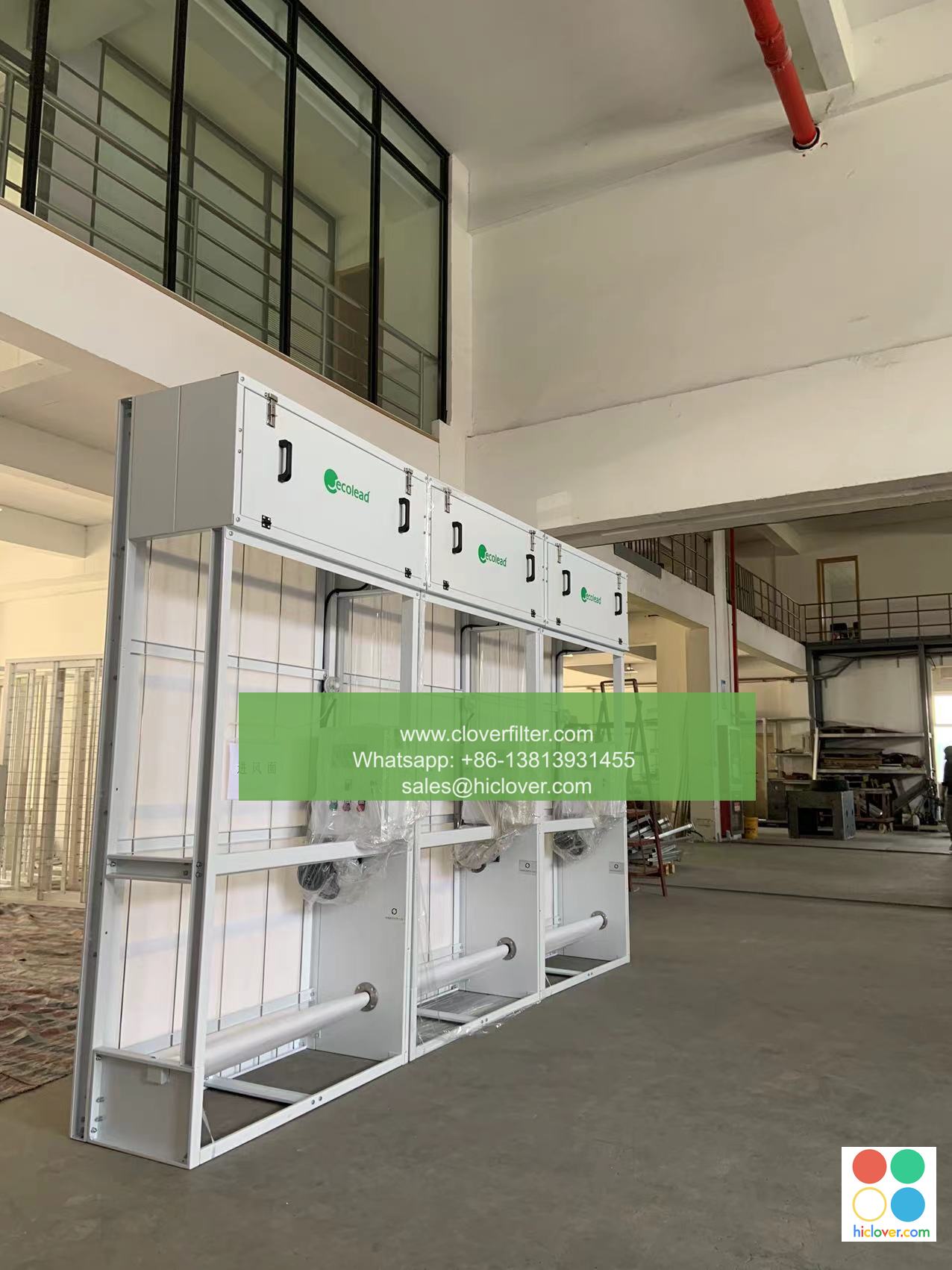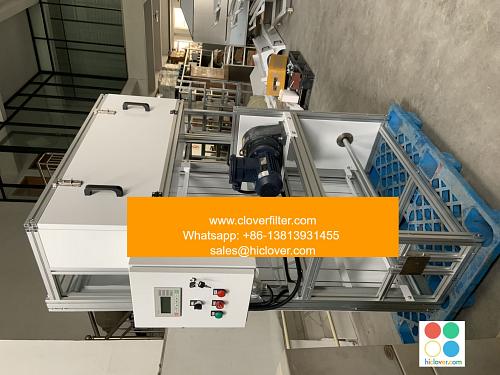The Role of Air Filter Teams in Reducing Allergy and Asthma Symptoms

Air filter teams play a crucial role in reducing allergy and asthma symptoms by removing allergens, pollutants, and irritants from the air. These teams, consisting of air purifiers, air cleaners, and HVAC filters, work together to create a cleaner and healthier indoor environment. In this article, we will explore the importance of air filter teams in reducing allergy and asthma symptoms, highlighting various application areas, including residential air cleaning, commercial air purification, and industrial air filtration.
Understanding Allergy and Asthma Symptoms
Allergy and asthma symptoms can be debilitating, causing respiratory problems, skin irritation, and eye discomfort. Allergens such as pollen, dust mites, pet dander, and mold can trigger allergic reactions, while pollutants like particulate matter, nitrogen dioxide, and volatile organic compounds can exacerbate asthma symptoms. Air filter teams can help alleviate these symptoms by removing these allergens and pollutants from the air.
The Benefits of Air Filter Teams
Air filter teams offer numerous benefits, including:
* Improved indoor air quality: By removing allergens and pollutants, air filter teams can improve the overall air quality, creating a healthier environment for occupants.
* Reduced allergy and asthma symptoms: By removing triggers, air filter teams can help reduce the frequency and severity of allergy and asthma symptoms.
* Increased energy efficiency: Air filter teams can help reduce energy consumption by improving the efficiency of HVAC systems.
* Extended equipment lifespan: By removing pollutants and debris, air filter teams can help extend the lifespan of equipment, reducing maintenance and repair costs.
Air filter teams have various application areas, including:
* Residential air cleaning: Air filter teams can be used in homes to remove allergens and pollutants, creating a healthier environment for families.
* Commercial air purification: Air filter teams can be used in offices, schools, and hospitals to improve indoor air quality and reduce the risk of allergy and asthma symptoms.
* Industrial air filtration: Air filter teams can be used in industrial settings to remove pollutants and debris, improving the safety and health of workers.
Types of Air Filters
There are various types of air filters, including:
* HEPA filters: High-efficiency particulate air filters can remove 99.97% of particles as small as 0.3 microns.
* Activated carbon filters: These filters can remove gases, odors, and chemicals from the air.
* UV filters: Ultraviolet filters can remove bacteria, viruses, and other microorganisms from the air.
Conclusion
In conclusion, air filter teams play a vital role in reducing allergy and asthma symptoms by removing allergens, pollutants, and irritants from the air. By understanding the importance of air filter teams and their application areas, individuals can take steps to create a healthier indoor environment. Whether it’s residential air cleaning, commercial air purification, or industrial air filtration, air filter teams can help improve indoor air quality, reduce allergy and asthma symptoms, and create a safer and healthier environment for everyone. It seems like you haven’t provided a specific question or topic for discussion. Could you please provide more context or clarify what you would like to talk about? I’m here to help and provide information on a wide range of subjects. What’s on your mind?

